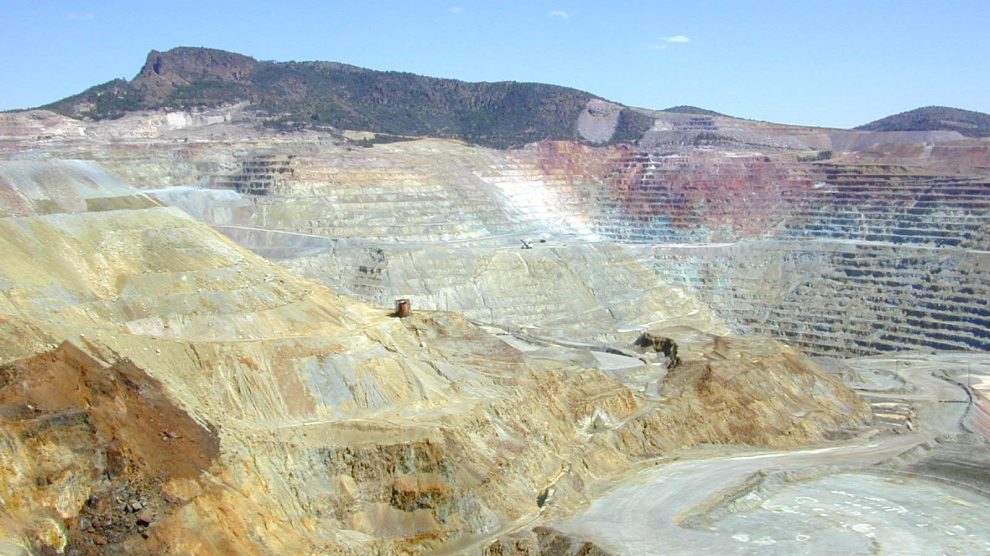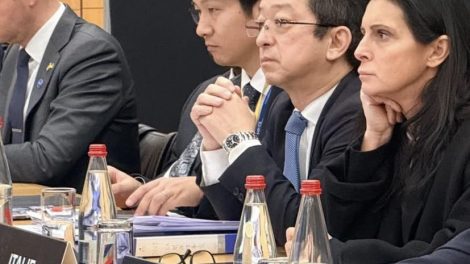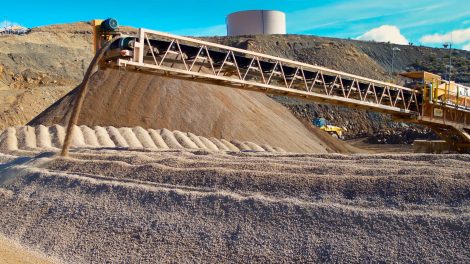Italy is “moving early” on critical raw materials. The European Union is moving to ensure a sound supply of the raw materials that underpin the ecological transition. Speaking with Repubblica, Enterprise Minister Adolfo Urso stressed that Rome is already at work.
- Within the next three to four months, officials and experts from the cross-departmental CRM working group will finish updating Italy’s ageing mineral resources maps.
- Read our interview with the working group’s former head, Giacomo Vigna.
- Early estimates indicate that the Italian ground holds at least 15 of the 34 elements that Europe labelled as “strategic”. These include lithium, cobalt, nickel, copper and zinc, as well as beryllium and tungsten.
- “But the potential is even higher,” noted Minister Urso.
It’s more strategic than you think. Europe has understood the need to set challenging goals on the green transition front, continued the minister, noting that CRMs are strategic for Europe’s industries as well as for “our freedom and sovereignty.”
- China dominates most of the cleantech supply chains, especially when it comes to refining. However, Western countries (including the US, Japan and the EU) are working to counter Beijing’s dominance.
- That includes reopening local mining operations. Most of Italy’s have been shuttered over the past thirty years, as Rome outsourced production and third countries (such as China) picked up the slack.
In the minister’s own words. “We have just realised how dangerous it is to rely on Russian fossil sources. We cannot do the same with China on rare earths and precious minerals.” Especially given Beijing’s “expansionist policy,” which entails “the acquisitions of [CRM] deposits, mainly in Africa, and then concentrating processing at home.”
Through the Critical Raw Materials Act, explained the minister, the EU intends to:
- increase domestic CRM production to 10% of expected consumption in 2030;
- process up to 10% of these CRMs within the EU;
- increase recycling to cover up to 15% of consumption;
- reduce exposure to a single third country for each strategic material to a maximum of 65% of market share (for reference, China’s grip over European solar surpasses 80%).
Urso’s recipe: other than using and redirecting existing funds, argued the minister, European countries pool their resources “to acquire deposits outside the EU, aiming to diversify supplies” through the so-called European Sovereign Wealth Fund.
How do you sell it to citizens? Italy’s famous bureaucratic red tape and NIMBY tendencies will surely stand in the way of this mining revival. According to Minister Urso, this calls for “an honesty operation”: that is, recalling that “we have let [CRMs] come from countries where environmental and labour quality controls were minimal until now. We have delegated the problem elsewhere for economic convenience and to defend our living standards.”
- Europe’s mining renaissance, stressed the minister, will not come at the expense of its ambitious environmental and social protection standards.





